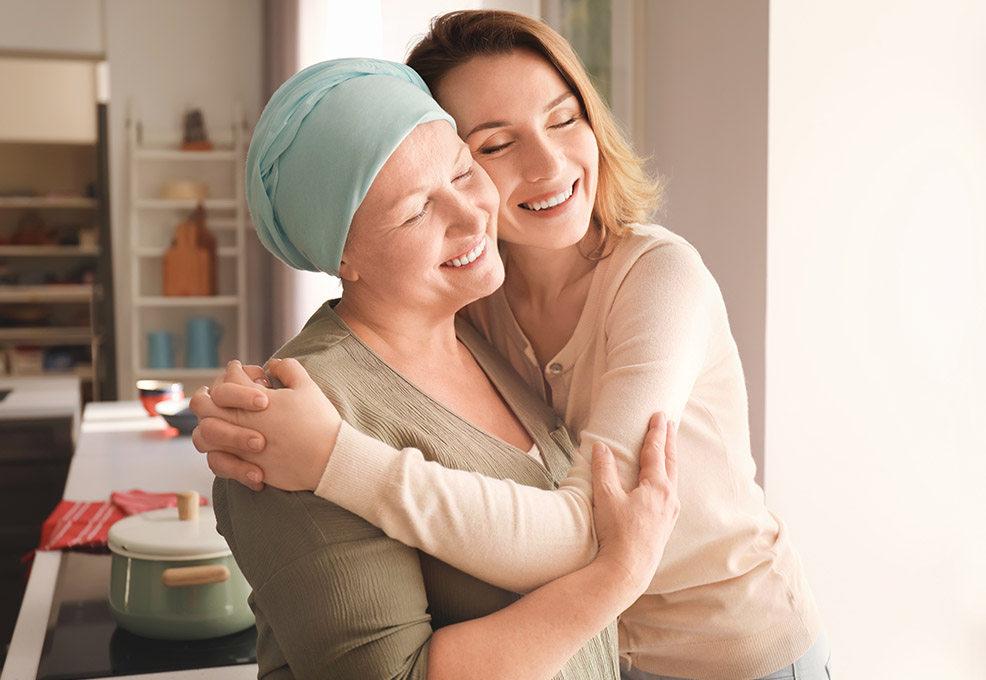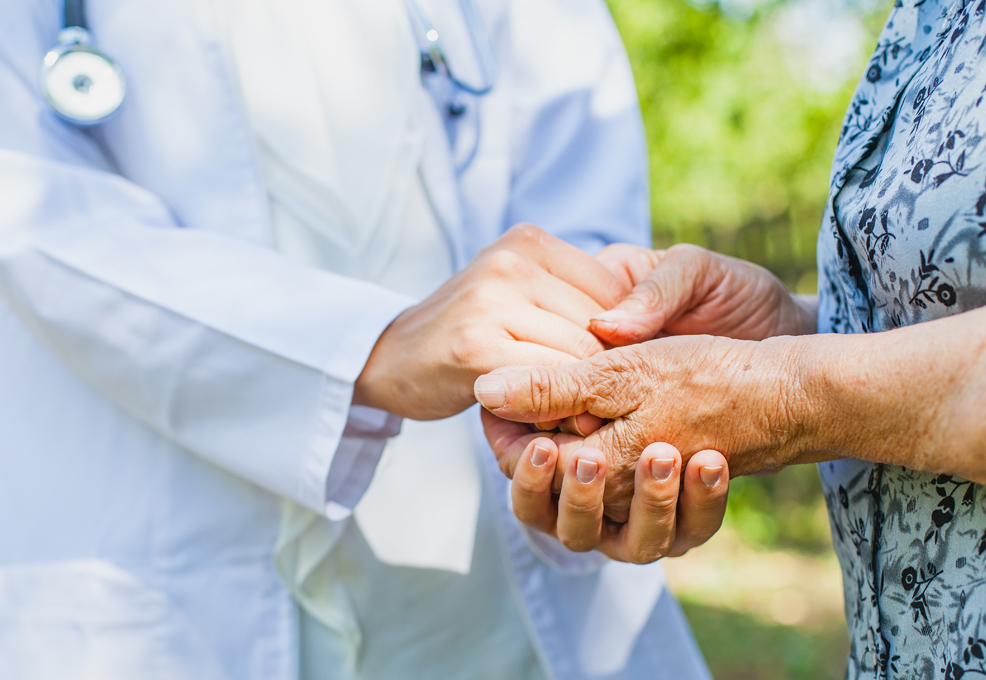Predicting Winning Price in Real Time Bidding for Online Advertising
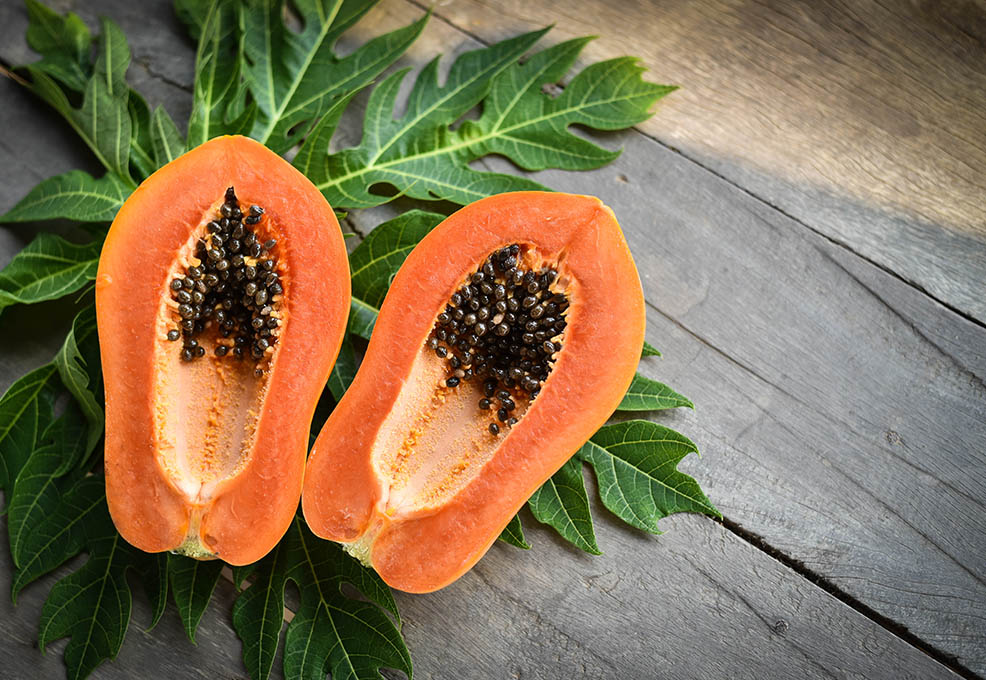
Author(s)
Shyi-Dong YehBiography
Dr. Shyi-Dong Yeh, is currently a Chair Professor of the Department of Plant Pathology, National Chung Hsing University. Dr. Yeh was elected as Academician of Academia Sinica in 2018. His research emphasizes the study on viruses threatening economically important crops and the development of effective control measures, including cross protection by mild vaccine and transgenic resistance.
Academy/University/Organization
National Chung Hsing University-
TAGS
-
Share this article
You are free to share this article under the Attribution 4.0 International license
- LIFE SCIENCES
- Text & Image
- September 24,2020
National Chung Hsing University (NCHU) has been an important hub for the transfer of agricultural technology to developing countries for decades. The Vietnam Academy of Agricultural Sciences (VAAS) is the headquarters for the coordination of Vietnamese national agricultural research institutes and universities. Through the support of MOST, the “Overseas Agricultural Science and Technology Innovation Center” (NCHU-VAAS ASTIC) was established at Hanoi VAAS headquarters in April, 2017. This center follows the governmental New-South bound policy to set up a solid connection with Vietnam. Based on “technology export” and “industry deployment,” the center focuses on the promotion of levels of agricultural technology in Vietnam, and the deployment of international markets for Taiwan based on intellectual property rights. The operation of ASTIC provides a role model for other ASEAN countries. In the past 3 years, the major efforts of ASTIC include the control of viruses threatening the passionfruit and papaya industries, the control of soil-borne plant diseases of important crops, and the application of functional foods. In this communication, through the introduction of tissue-cultured papaya by ASTIC and the application of a mild vaccine for the control of the papaya ringspot virus by cross protection developed by NCHU, an innovative papaya production system has been developing in Vietnam in recent years. These efforts will make Vietnam become the kingdom of papaya production in Asia, and the intimate cooperation between NCHU and VAAS will create mutual benefits for both Taiwan and Vietnam.
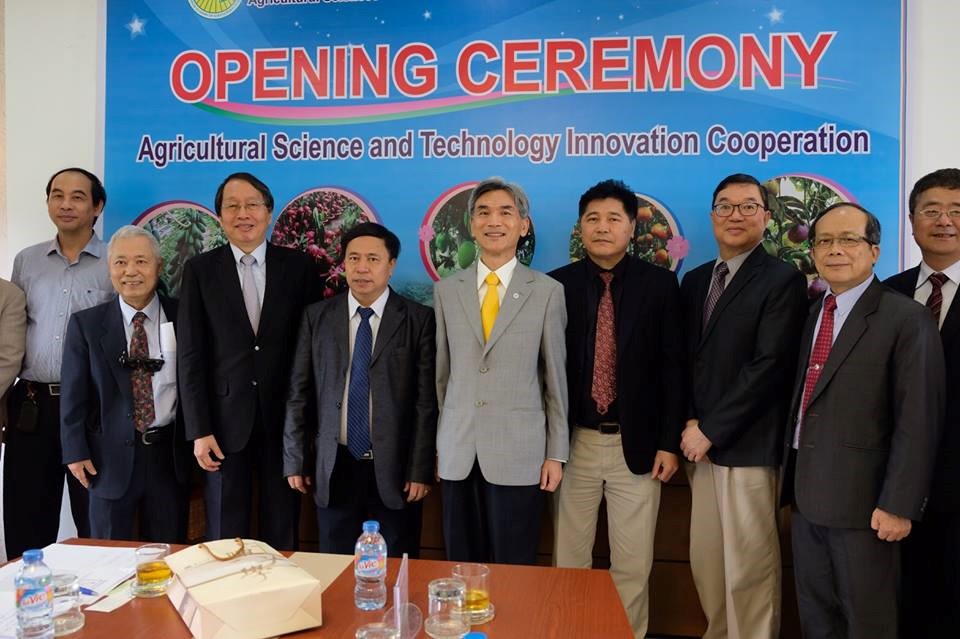
Photo of key members at the ASTIC opening ceremony. In the middle is NCHU President Dr. Hsieu, and VAAS President Dr. Nguyen (4th from the left) and ASTIC Director Dr. Yeh (3rd from the left).
Develop Vietnam as a papaya kingdom in Asia
Vietnam has a long territory covering more than 2,000km, with the Red River delta and the Mekong River delta as the major agricultural areas in the north and south, respectively. The climate in the north is similar to that of Taichung, and agricultural products can be easily shipped to mainland China. The Mekong delta has no typhoons, and with a tropical climate all year round, it is considered as one of the best papaya production areas in Asia. However, the prevalence of the Papaya ringspot virus (PRSV) in the whole of Vietnam makes the large-scale commercial cultivation of papaya difficult. Through the collaboration of NCHU-VAAS, Prof. Shyi-Dong Yeh has successfully developed a mild vaccine which can be used to protect papaya plants against Vietnamese PRSV. With the introduction of tissue-cultured papaya seedlings from Taiwan and the application of the new mild vaccine to protect papaya, a novel production system has been evolving in Vietnam; papaya will thus become a high-value crop for their domestic consumption and exportation.
Introduction and promotion of tissue-cultured papaya seedlings from Taiwan
Currently, papaya varieties in Vietnam are poor and have low commercial value. Through ASTIC’s help, the most popular Tainong No. 2 papaya variety has been introduced to Vietnam. Since the seedlings are produced by tissue culture, all individuals produce hermaphrodite fruits with homogeneous size and high quality, which is highly beneficial for easy management, collection, and marketing. Tissue culture (TC) technology for papaya was originally developed by the ASTIC director, Prof. Shyi-Dong Yeh, who has established Taiwan as the most advanced country for the production and cultivation of TC papaya.
The TC papaya can be shipped as naked-root seedlings without medium in TC boxes, which can be air-shipped to Vietnam in a very prompt way, after being certificated as pathogen-free materials by Taiwan’s quarantine agency. The TC papaya seedlings have been successfully introduced to several Vietnamese institutes and the Known-You Company, a Taiwanese company with a branch in Vietnam. Papaya fruits with high quality similar to Taiwan were produced. This papaya surpasses the quality of all Vietnamese varieties and will become the mainstream of cultivation to revolutionize the papaya industry in Vietnam.
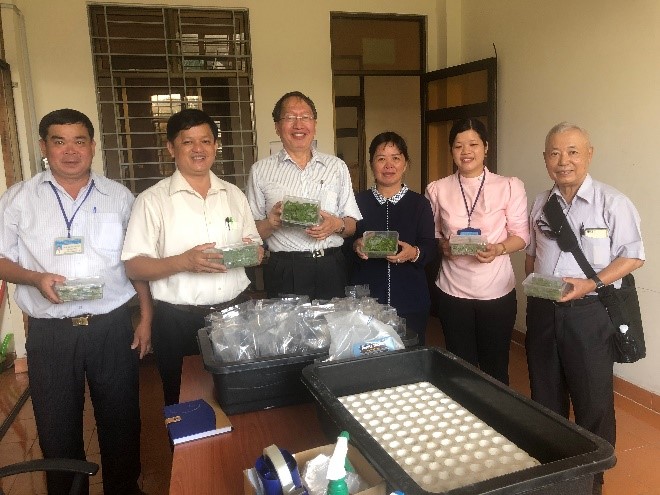
Taiwan TC papaya seedlings successfully air-shipped to Vietnam.
Field tests of cross protection in Vietnam
In the past 2 years, ASTIC has helped Vietnam to generate a suitable attenuated virus vaccine for protecting papaya against PRSV infection. Under greenhouse conditions, the mild vaccine provides excellent protection against the Vietnamese virus. Recently, we have conducted several field trials in SOFRI, Long Lam University and PPRI. The protection results are very promising. These trials represent the largest cross protection tests for papaya in the whole world, and will create a new phase of papaya production in Vietnam.
NCHU has cooperated with Vietnam Known-You Company to obtain an import permit for TC papaya seedlings, and to establish the acclimatization process and cultivation techniques. These, coupled with TC seedlings, will bring a new hope for large-scale production of papaya in Vietnam. Meanwhile, NCHU will benefit from technology transfer with the IP right. The technology export and IP right deployment create a win-win situation.
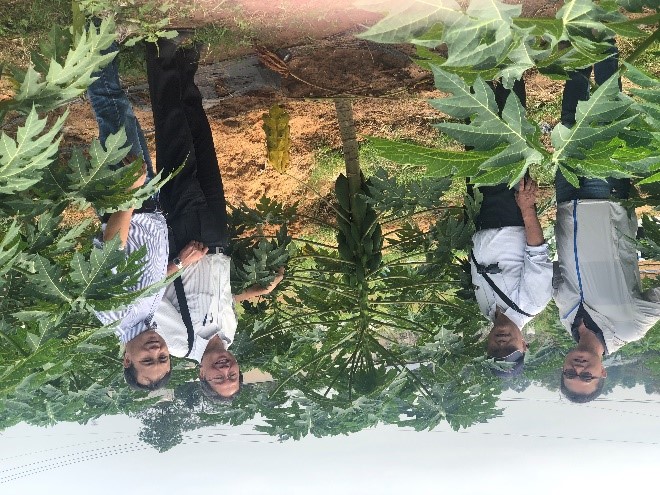
Cross protection test in Long Lam University.
A win-win strategy by ASTIC
Agricultural production and the problems faced by Vietnam are very similar to those in Taiwan. Although South Korea and Japan are now dominating in Vietnamese industry, they cannot help Vietnam in agriculture. With the geographic and cultural niches, and the same problems of confrontation with mainland China, Taiwan can help Vietnam in agriculture in many phases. The cooperation between the two countries will create multiple win-win situations.
ASTIC must thank the former MOST representative in Hanoi, Dr. Tung-Yi Lee, and the current representative, Dr. Hui-Hoang Hsu, for their full support during our operations in Vietnam. Both of them have provided great assistance for the coordination of ASTIC with all VAAS institutes. Through the support of MOST, the technology export based on IP rights to upgrade Vietnam’s agricultural technology level and the deployment of international markets for Taiwanese business will become a role model for all ASEAN countries.
STAY CONNECTED. SUBSCRIBE TO OUR NEWSLETTER.
Add your information below to receive daily updates.



